On a hot summer afternoon, an LJI team in Asia intercepted a middle-aged man waiting at a bus stop with five younger boys. The older man had promised the boys better job opportunities across the border, where he had previously worked. As the team questioned him, the man revealed that while working at that destination, he had fallen sick and received a surgery.
But the surgery scar looked like it was from a kidney removal.
LJI staff recognized that the man had likely been a victim of organ trafficking, and that the five boys were in danger of becoming victims as well.
In this instance, the team was able to contact the boys’ families and return them home safely, preventing them from potentially being trafficked for their organs or any other purposes. But others are not so lucky.

What is organ trafficking?
(Sometimes also referred to as "organ harvesting")
Organ trafficking is an umbrella term used to describe a range of illicit activities regarding organ transplants. This includes removing organs illegally and selling or transplanting those organs through the black market, or “red market,” as it’s called sometimes when regarding body parts.
Trafficking in persons for the purpose of organ removal is a separate term used to describe the human trafficking aspect of this criminal activity—the process of deceiving, coercing, or forcing people into having their organs removed.
It’s important to note that human trafficking data is somewhat lacking due to the underreported and underground nature of the crime. Since organ trafficking is less common than sex or labor trafficking, there is also less data available on this particular type of trafficking.
Quick facts on organ trafficking:
- There were 144,302 organ transplants performed globally in 2021 according to the Global Observatory on Donation and Transplantation (GODT). The GODT estimates that around 10% of transplants involve illegally acquired organs, which would mean that there were roughly 14,000 organs trafficked in 2021.
- Organ trafficking prevails because the demand for organs far exceeds the number of donors. Thousands of people die every year waiting for an organ transplant. Traffickers seize the opportunity to profit on this need.
- Organ trafficking generates between 840 million and 1.7 billion USD annually, according to a 2017 report from Global Financial Integrity.
- Kidneys are by far the most commonly trafficked organs, followed by the liver, heart, lung, and pancreas, according to the GODT.
- Vulnerable populations are at highest risk of being trafficked for their organs. War, migration, and extreme poverty increase a person’s vulnerability to trafficking.
- There isn’t enough data to determine where organ trafficking is most prevalent, but it has been documented in North Africa and the Middle East along migration routes as well as South Asia and other regions.
- Iran is the only country where selling one’s organs is legal.
How does organ trafficking happen?

People may be tricked into thinking they are traveling to a job or some opportunity—like the five boys at the beginning of this article—but when they arrive, they are forced or coerced to give up their kidney. Sometimes people are drugged and quite literally forced; other times they might be coerced into giving it up, not having any means to get home.
But the line between victimhood and criminality can be blurry.
People may be forced into a surgical removal but then compensated, essentially making them a criminal by law for “selling” their organs. There are also plenty of people actually selling their organs out of desperation to pay a bill, and still being deceived by traffickers or brokers telling them their kidney will grow back, minimizing the health complications of living with only one kidney, or paying them less than promised.
People who sell their kidneys as an attempt to get out of immediate financial distress may find themselves in even deeper financial trouble later on. Having one kidney can limit a person’s energy and the amount of work they are able to do, potentially lowering the income they might otherwise earn from a job. They also might need further medical care and rack up additional expenses that way.
PBS published a story on organ trafficking victims in Nepal, interviewing some of those affected. One victim, a 19-year-old who was tricked and drugged before waking up without a kidney, said, “They must be punished for this. My body is damaged, I faint. I can't do hard labor. And I find it difficult to stand for too long.”
Join us in protecting the vulnerable from falling victim to human trafficking.
Our work at Love Justice stops human trafficking before a person is exploited. Learn more about our innovative strategy that has helped protect over 60,000 people from being sold into slavery, and consider giving at the button below.
Originally published March 9, 2023
*All data and statistics current at the time of publishing. Some names, photos, and locations changed or omitted for the security and privacy of those involved.
-1.png?width=500&height=500&name=LJI_MAINLOGO_WhiteBackground%20(1)-1.png)
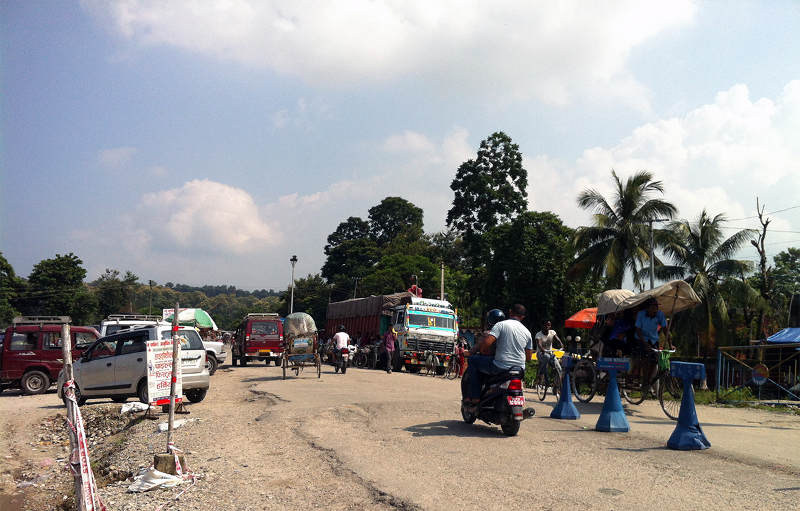

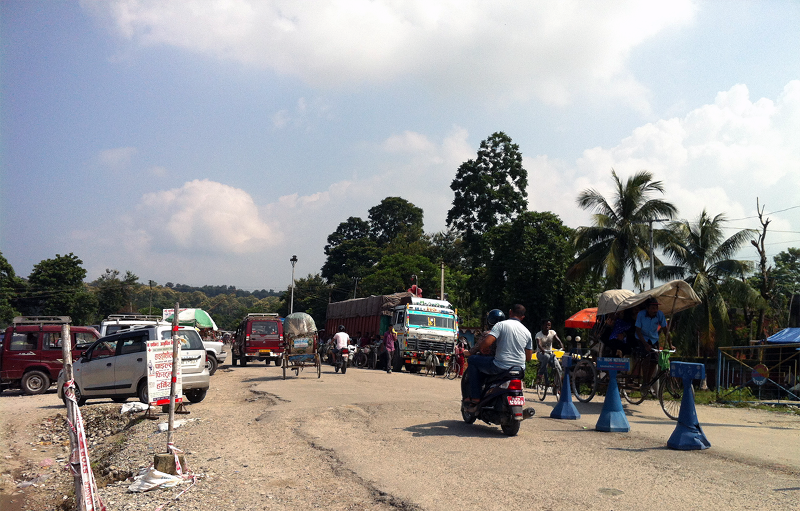
/bimala_feature_blog.webp)

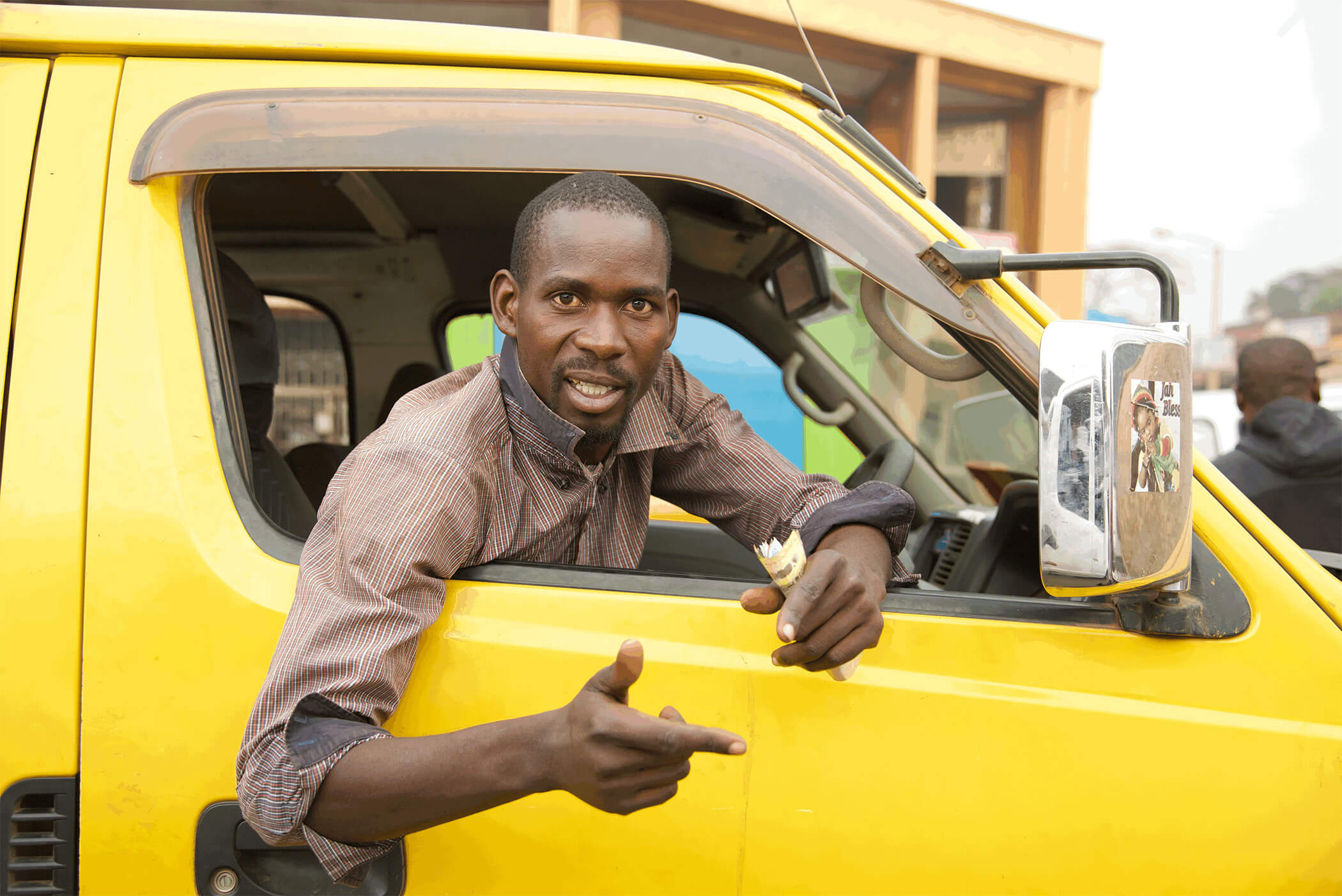
/boy_girl_asia_streets.webp)

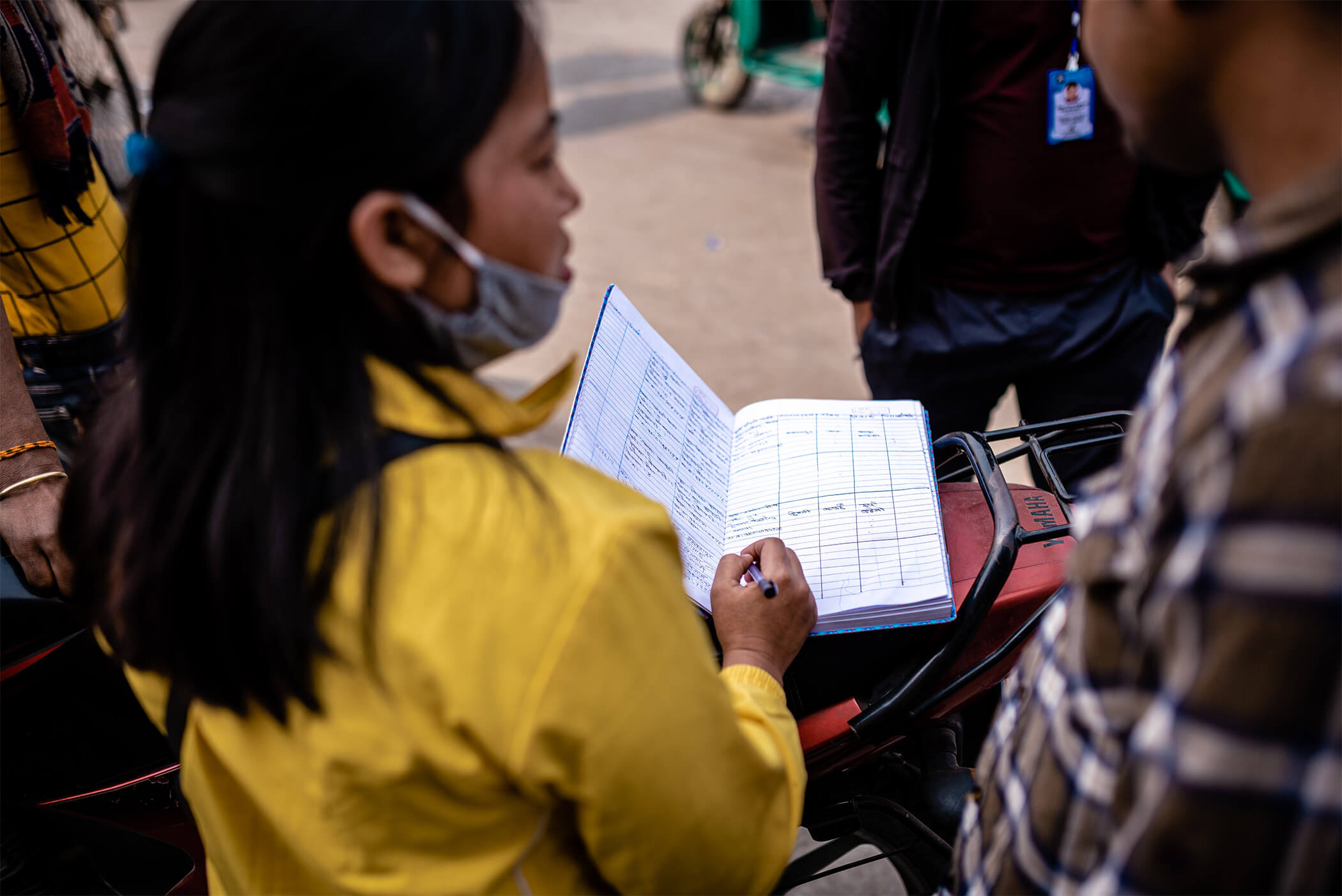


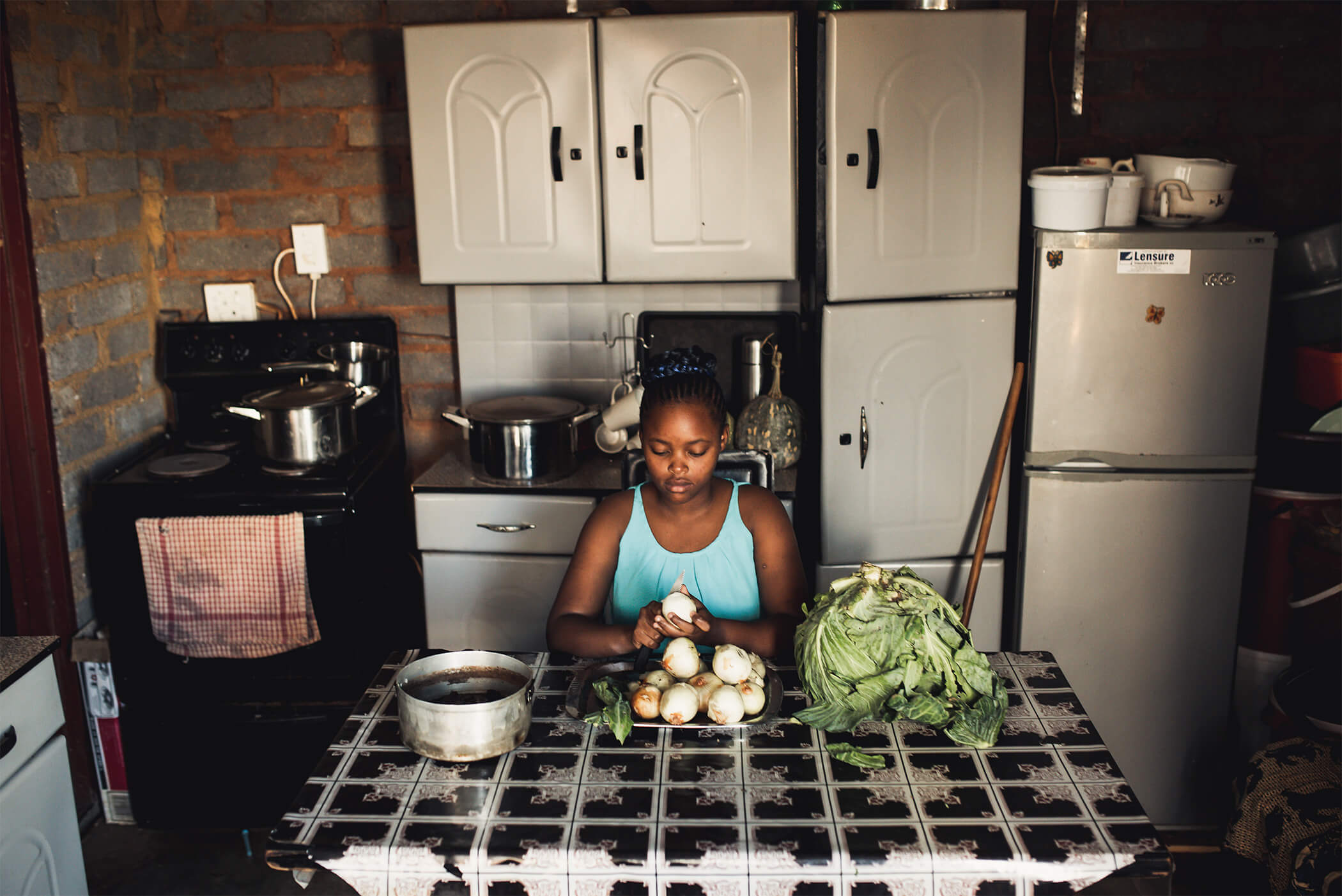

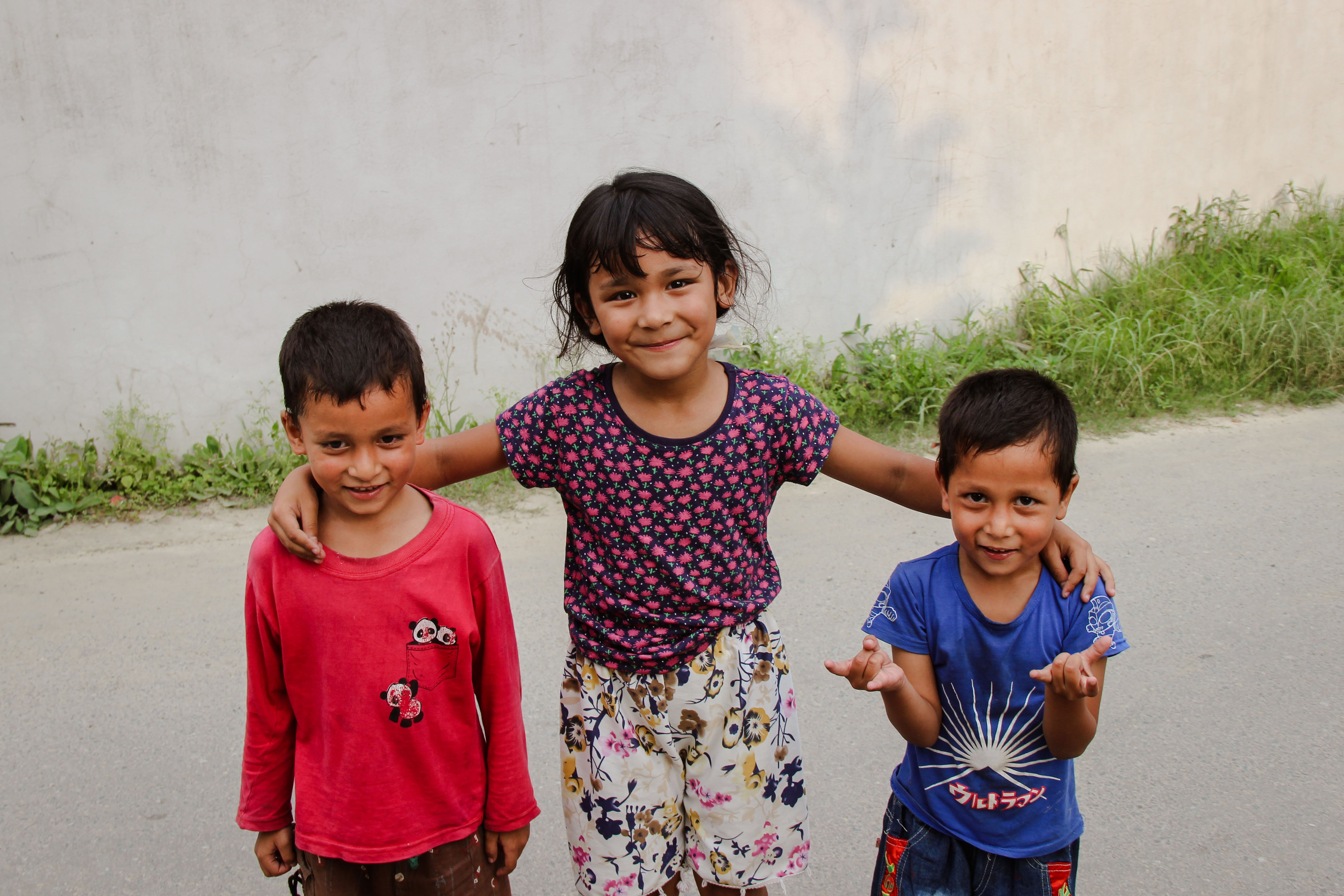
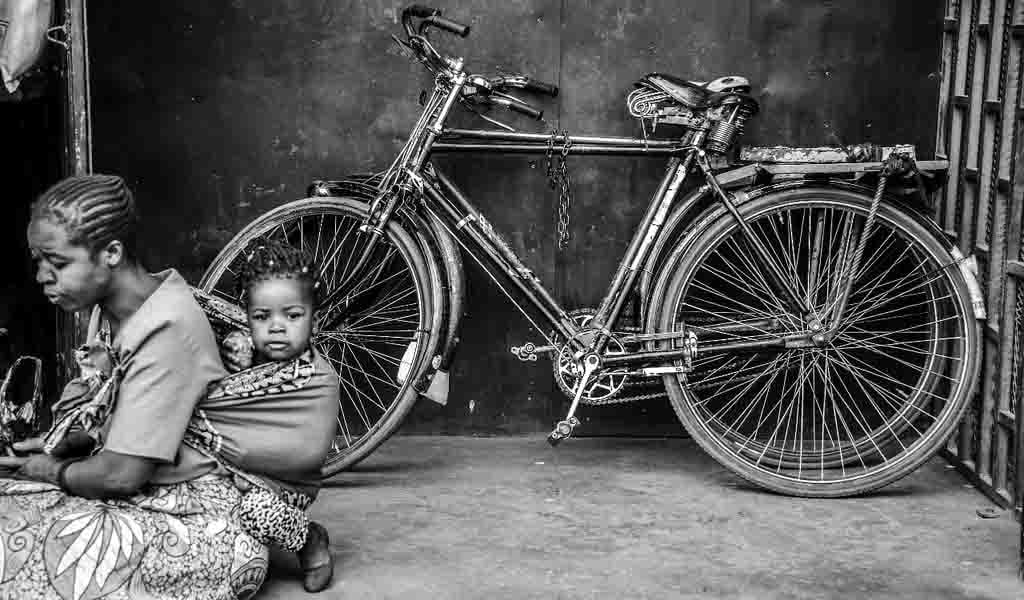
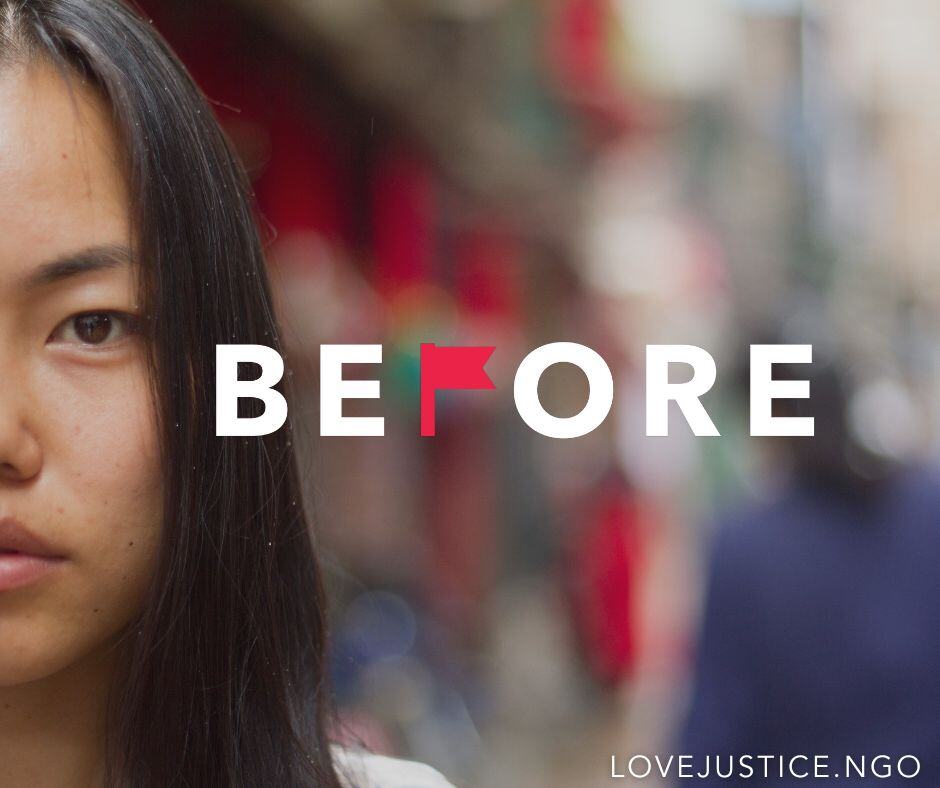

/48039119848_54d4c1e6a3_z.webp)
/kenya_streets_stop_human_trafficking_love_justice.webp)
/Nepali_girl_2-1.webp)
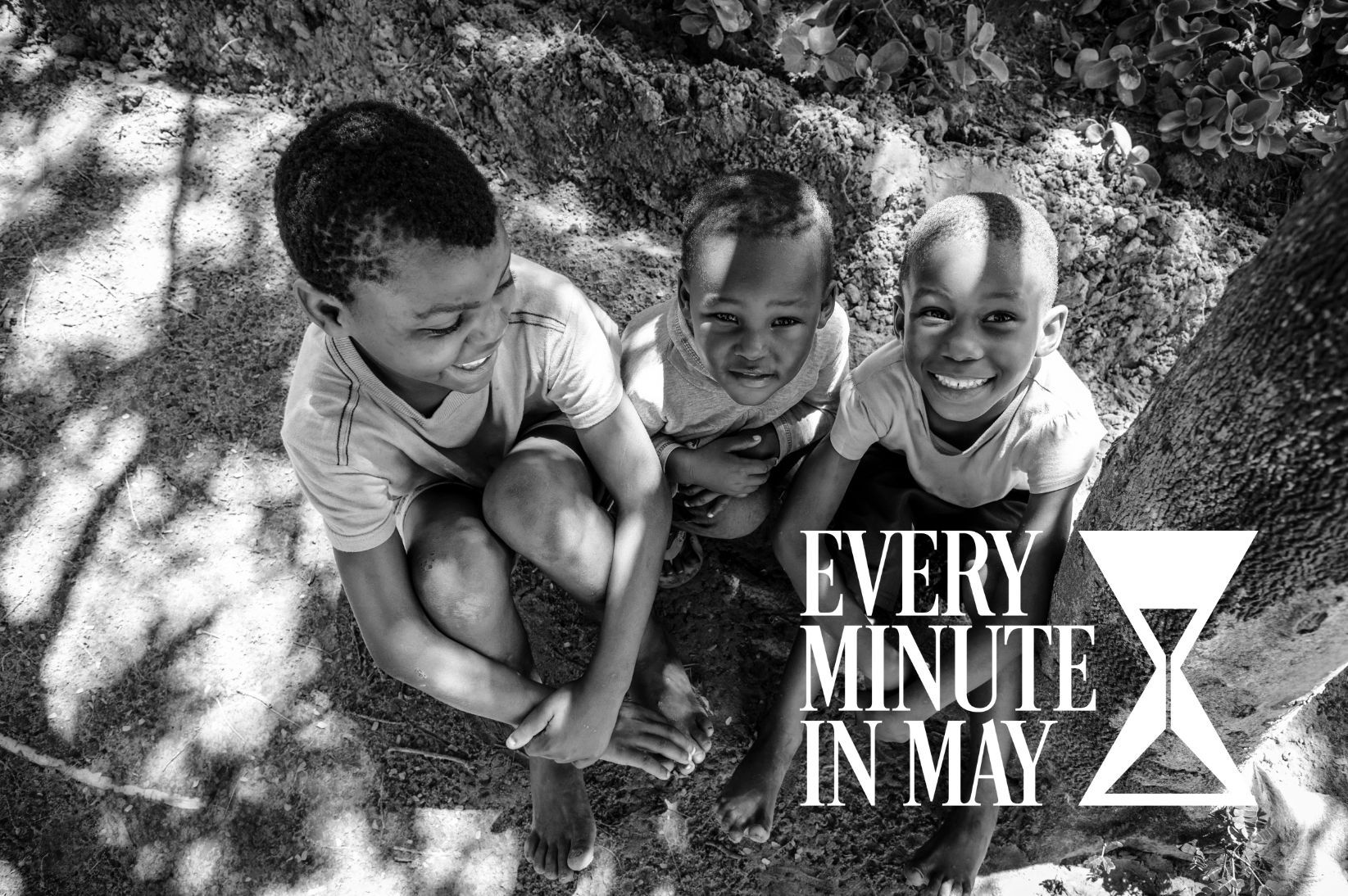
/young_woman_asia.webp)
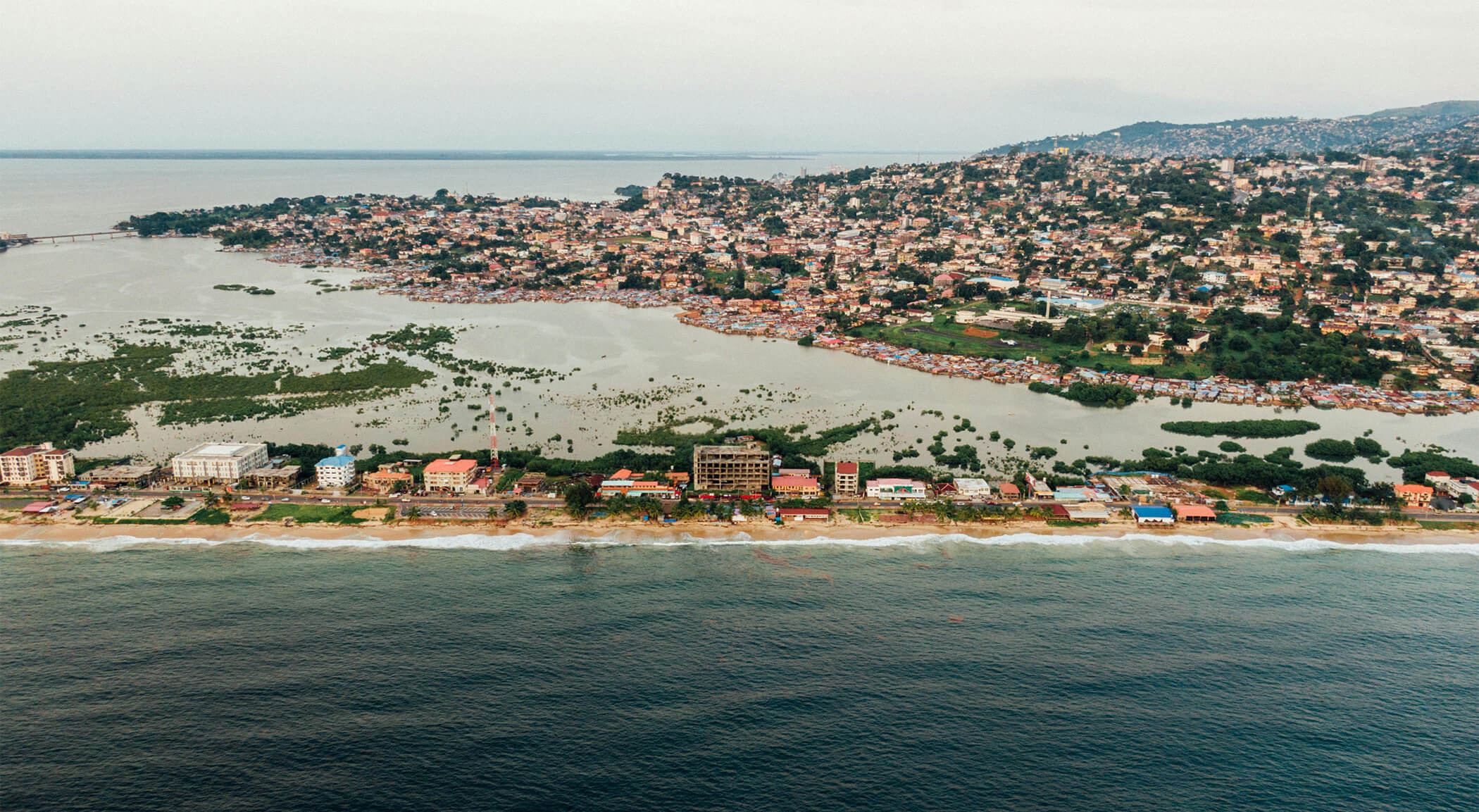




Post a comment